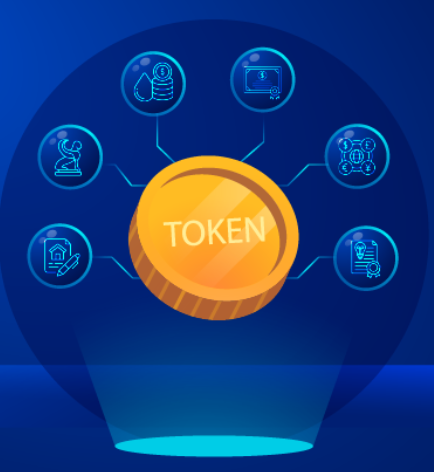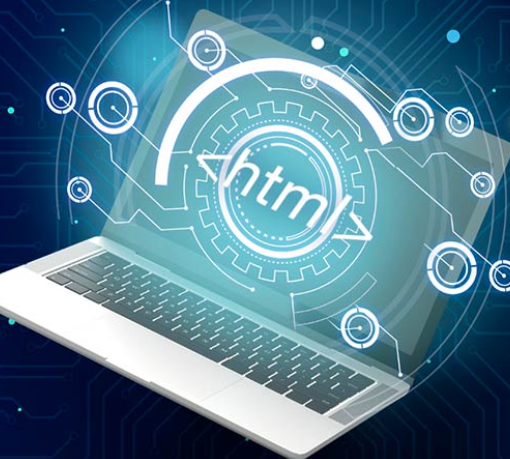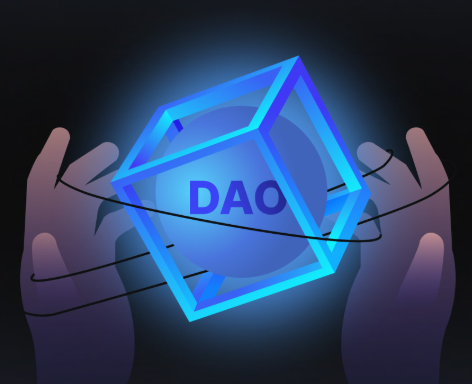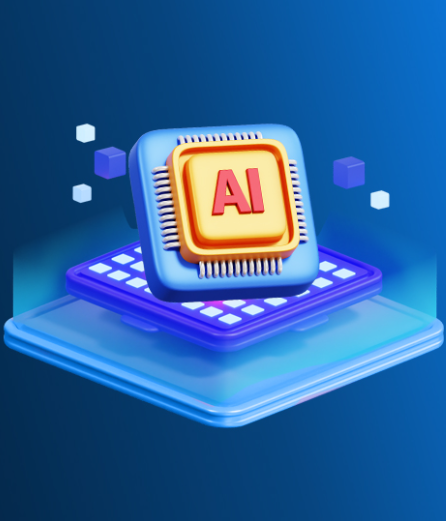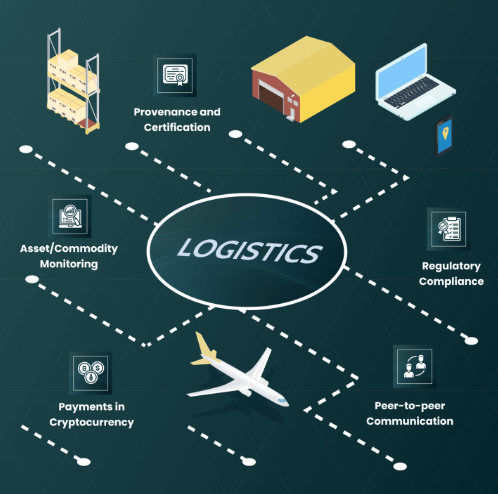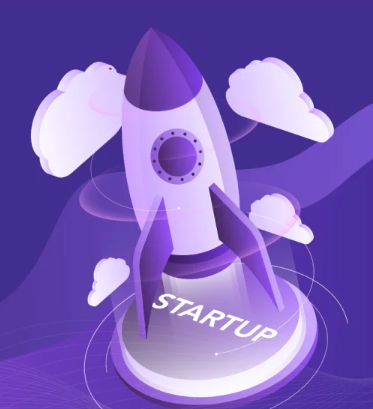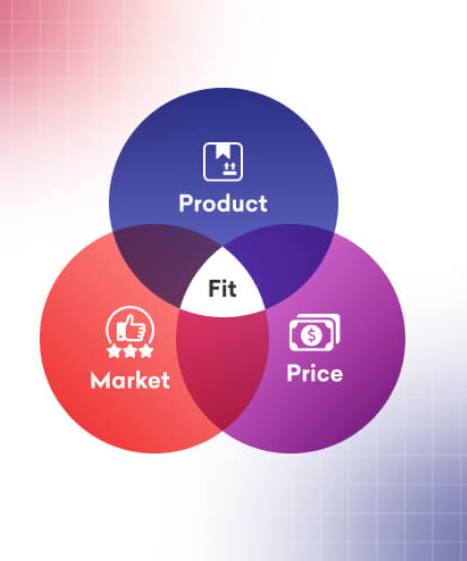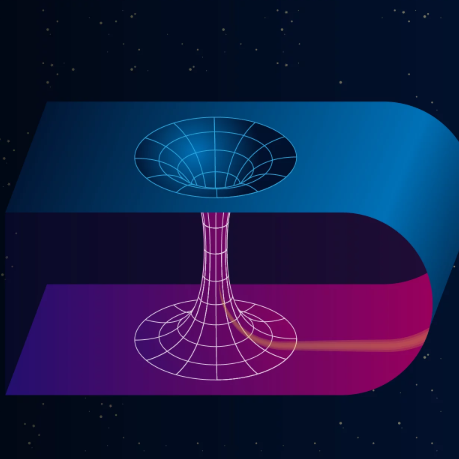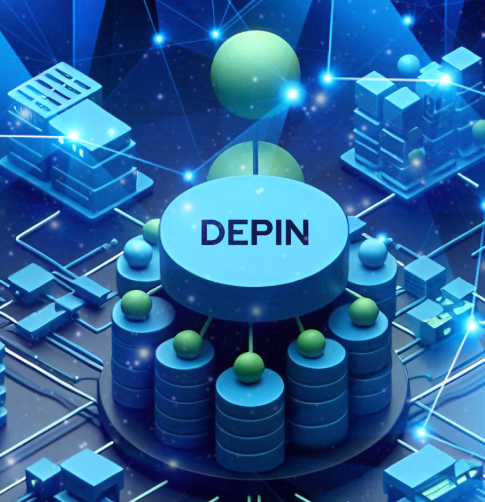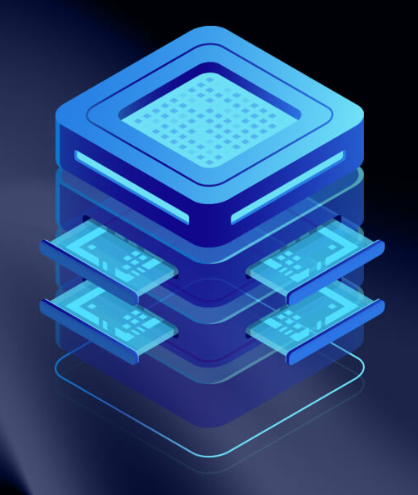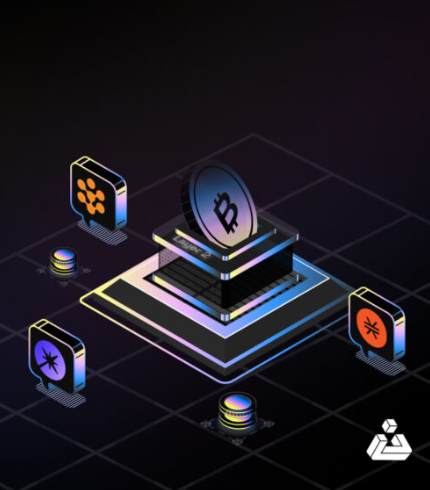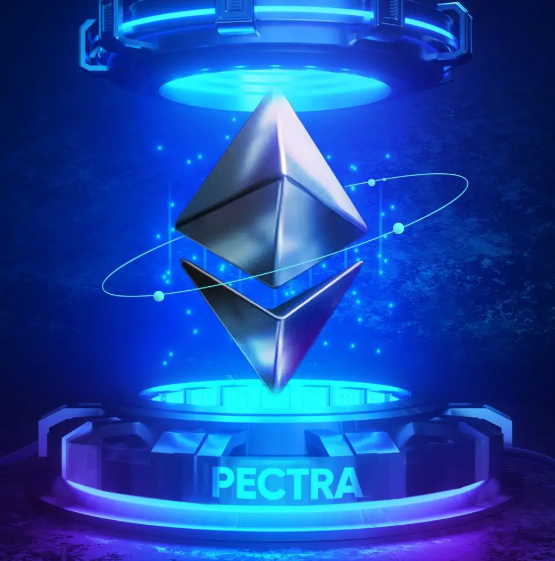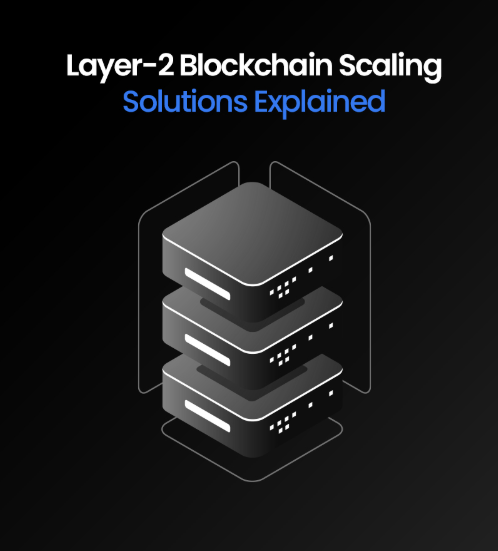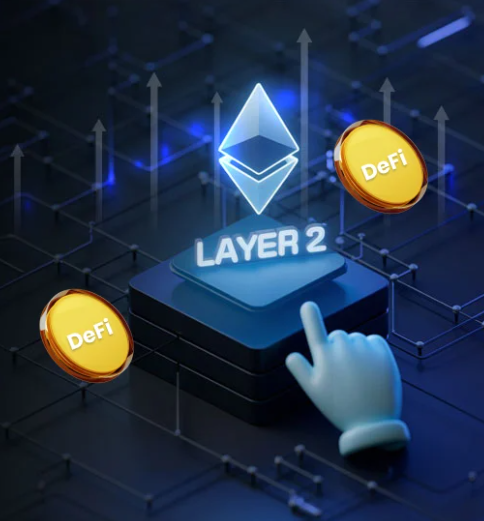
The world of traditional scientific research has long been hindered by opaque funding systems, limited access to data, and inefficient incentive structures. With the “Valley of Death” leaving much promising research without clinical trials, and issues like poor reproducibility, many groundbreaking discoveries never make it to the public domain. Enter DeSci, or Decentralized Science, which reimagines the landscape by introducing a transparent, decentralized model. This approach democratizes funding, promotes open data sharing, and rewards contributions through tokens and decentralized autonomous organizations (DAOs).
Over the past few years, DeSci has gained traction, not only attracting crypto investors but also building partnerships with traditional institutions. This hybrid model shows early signs of transforming the scientific ecosystem into one that is more inclusive and efficient.
DeSci Metrics and Growth
The performance of leading DeSci projects is tracked through key on-chain metrics:
- Token Trading Volumes: Tokens like VitaDAO’s VITA typically see daily trading volumes between $1M and $2M, indicating active market participation.
- Market Capitalization: VitaDAO’s VITA token is valued at approximately $32M, while OriginTrail’s TRAC sits around $216M. Emerging tokens like Bio.xyz’s BIO saw volatility with temporary peaks reaching $1.1B, now settling at $159M.
- Treasury Sizes: Funding DAOs such as VitaDAO maintain treasuries around $18M, with ResearchHub’s treasury surpassing $6M.
- Governance Participation: Voter participation in mature DAOs typically ranges from 5–10%, reflecting solid community involvement.
- Blockchain Usage: Most DeSci projects operate on Ethereum, though some employ multichain strategies to balance cost and scalability, with Solana emerging as an alternative to minimize gas costs.
Rising Investment in DeSci
Venture capital interest in DeSci has surged, with funding rounds growing fivefold from 2022 to 2025. High-profile investments include VitaDAO raising over $9M and Bio.xyz receiving backing from Pfizer Ventures, Binance Labs, and others. Additionally, Sei Foundation recently announced a $5M DeSci Fund, marking a growing trend of hybrid funding sources that combine decentralized token sales and traditional investments like institutional grants.
Web2 players in academia and healthcare are also exploring how DeSci can complement existing infrastructure, which will likely accelerate mainstream adoption. Media reports and academic studies have increasingly focused on DeSci, validating its potential to disrupt the scientific research sector.
Notable DeSci Projects
Here’s a look at some of the leading DeSci projects, their goals, and how they are contributing to the ecosystem:
- OriginTrail (TRAC)
OriginTrail facilitates decentralized data sharing across industries like supply chains and academic research. The platform enables data integrity and interoperability through its Decentralized Knowledge Graph. With major partners such as Deloitte, Honeywell, and Google, it has raised $22.5M via ICO and has a market cap of around $216M. - VitaDAO (VITA)
VitaDAO focuses on funding longevity research and democratizing research funding through its token, VITA. Token holders govern which projects receive support. With investments from Pfizer Ventures and a $32M market cap, VitaDAO has already deployed over $4.5M in funding to 24 projects. - Bio.xyz (Bio Protocol)
Bio.xyz creates BioDAOs that enable community-driven funding for biotech research. It has raised substantial investments from Binance Labs and 1kx Ventures and has funded 62 projects worth $7.5M. The project utilizes IP-NFTs and IPTs for tokenizing intellectual property. - ResearchHub (RSC)
ResearchHub is an open-access platform for scientific publishing and peer review, incentivizing contributors via its native token, ResearchCoin (RSC). With over 50,000 research articles and a market cap of $36M, it has raised $7M across four rounds and supports a community of around 9,300 active users. - LabDAO
LabDAO provides shared computational and experimental resources for research. It has raised $3.6M and enables researchers to access lab services through staking and decentralized governance. The project’s token facilitates resource allocation and governance decisions. - AxonDAO (AXGT)
Focused on neuroscience, AxonDAO funds community-driven research into brain-computer interfaces and other areas of brain science, with governance via its AXGT token. - Hippocrat (HPO)
Hippocrat is a platform dedicated to securely managing healthcare data, giving patients control over clinical trial data and improving transparency through blockchain and zero-knowledge proofs. - HairDAO (HAIR)
HairDAO targets hair loss and scalp health research, integrating community governance and funding through its native HAIR tokens. The project combines tokenized incentives with decentralized research governance. - Rifampicin (RIF)
A meme-inspired project, Rifampicin leverages community-driven participation to support medical experiments. With a market cap of $72M, this project combines meme culture with decentralized healthcare funding. - The Innovation Game (TIG)
TIG uses a synthetic market mechanism to incentivize innovation in computational science. It rewards algorithmic breakthroughs through its Optimizable Proof of Work (OPoW) model.
DeSci’s Impact on Science
- Accelerating Innovation: DeSci projects shorten the “Valley of Death,” where research often fails to translate into practical applications. VitaDAO’s funding model for longevity research is already contributing to breakthroughs in regenerative medicine.
- Increased Transparency: Blockchain ensures open access to data, allowing for more reproducible and trustworthy scientific results. ResearchHub is leading the charge in democratizing scientific literature.
- Community-Driven Research: DeSci’s decentralized governance allows researchers, patients, and investors to shape research priorities, creating a more inclusive and diverse funding model.
Challenges Facing DeSci
Despite its potential, DeSci faces several hurdles:
- Regulatory Uncertainty: Legal concerns around data privacy, intellectual property, and token classifications remain major obstacles. Regulatory clarity will be crucial for DeSci’s long-term stability.
- Scalability Issues: High transaction costs on Ethereum are a persistent concern for many DeSci projects. Multichain strategies offer potential solutions but introduce additional complexity.
- Adoption Barriers: Bridging the gap between traditional science (TradSci) and decentralized methods requires overcoming cultural and technical barriers. Partnerships with established institutions will be key to integration.
- Governance Complexity: While DAOs promise decentralization, full governance and resource allocation remain complex challenges for early-stage DeSci projects.
The Future of DeSci
- Enhanced Funding Models: As tokenomics and governance models improve, DeSci’s funding mechanisms will mature, providing more stable resources for groundbreaking research.
- Broader Adoption: With growing interest from both crypto investors and traditional institutions, DeSci is set to expand into new fields such as environmental science, social sciences, and engineering.
- Technological Integration: Advances in blockchain scalability and the integration of AI with decentralized platforms will continue to enhance research efficiency.
Conclusion
DeSci represents a revolutionary shift in how scientific research is conducted, funded, and shared. With decentralized funding, transparent data sharing, and community-driven governance, DeSci is creating a more inclusive and efficient scientific ecosystem. While challenges in regulation, scalability, and governance remain, the movement towards decentralized science holds immense promise for the future of global research.
As more investors and researchers engage with DeSci projects, they not only stand to benefit financially but also contribute to the evolution of scientific innovation on a global scale.










